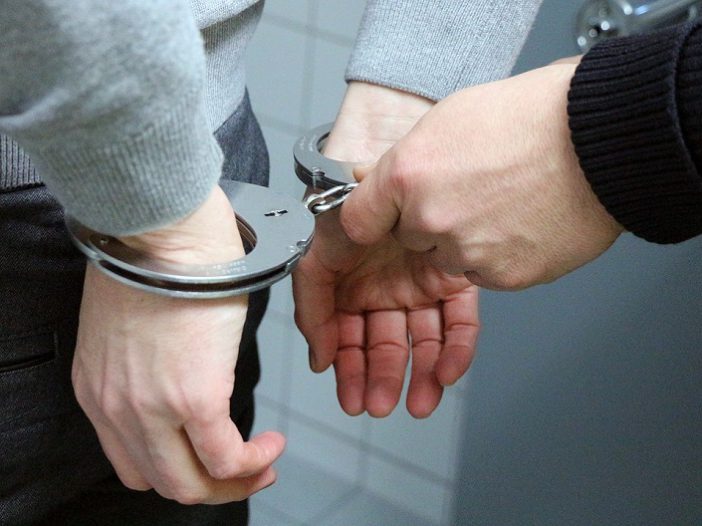
Is drinking and driving a felony? The short answer: sometimes. But when?
That’s going to take this whole post to answer properly! A person can be convicted of a DUI as both a misdemeanor and a felony. Usually, a first-time offender will be a misdemeanor, but if that person injures another person or, worse— kills them, then they are looking at a felony charge, regardless of if it is their first offense.
If the person had prior DUI convictions, it will also upgrade their misdemeanor DUI to a felony. Other states work on the three strike system and will move to a felony at the third conviction. Some states may even elevate a misdemeanor to a felony if the driver had an especially high blood alcohol concentration (BAC) or had children in the car while driving under the influence.
When Does a DUI Become a Felony Offense?
A DUI is most often classified as a misdemeanor, although sometimes it can be a felony as well. Felonies carry much tougher penalties than misdemeanors, although a misdemeanor for DUI can still result in jail time. However, the sentence will be much less severe.
If a person gets a felony charge for a DUI it could result in them spending time in a state prison for more than a year. Both a misdemeanor and a felony will go onto your criminal record and may have a significant impact on your future.
A DUI is typically a misdemeanor, not a felony, for a first-time DUI offender; however, there are exceptions to the rule. If the drunk driving accident caused someone to be injured, the charge could be raised to a felony. If the injured person dies, the driver could be charged with reckless homicide or a similar felony offense.
When and/or how a DUI charge becomes a felony will vary by state. For example, in California, a misdemeanor will turn to a felony if the drunk driver injured another person. In Arizona, the charge can be raised to a felony if the person received their DUI while they had a suspended license. Virginia prosecutes the drunk driver with a Class 6 felony if it was the third drinking and driving offense without ten years!
Factors That Can Elevate Misdemeanor DUI to Felony DUI
Several sub-factors can cause a misdemeanor to grow into a felony. The first is bodily harm.
If someone is killed or injured by a drunk driver, felony charges can be filed. Most often, the drunk driver must be the one who caused the accident that resulted in an injury. You can even be charged with a felony if the person or people riding in your car are injured. It is much less likely for your charge to get elevated if you are not the party at fault in the accident.
A misdemeanor DUI can also be elevated to a felony if the driver was arrested for DUI while also breaking other laws at the same time. For example, if you were driving with a suspended license at the time you were arrested for a DUI, this will result in a felony.
Having an elevated BAC level can also lead to a felony charge, as some states have set levels in which the charge will be elevated to a felony DUI. This is typically around double the legal limit, or 0.16 percent. A higher BAC will result in a harsher punishment no matter what state.
- You may also be looking at a felony if you had children in the vehicle with you at the time of the incident and arrest. Having prior convictions for DUI is also a good way to ensure that a misdemeanor will move to a felony. In some states, there will even be additional penalties for having any other drunk driving charges.
Summary
This post should give you a good baseline as far as whether or not drinking and driving is a felony. Since this largely operates on a state-by-state basis, it would be wise to do your homework and see what you might need to prepare yourself against. Overall, it is the level of alcohol consumption that most influences whether the outcome will be a misdemeanor or a felony.
